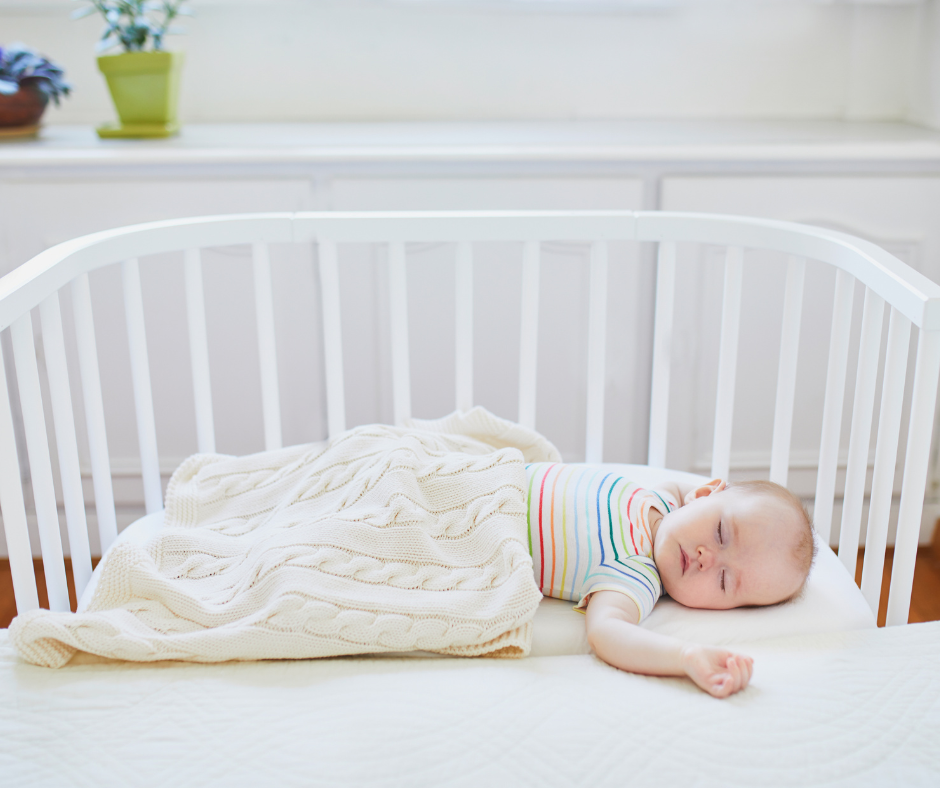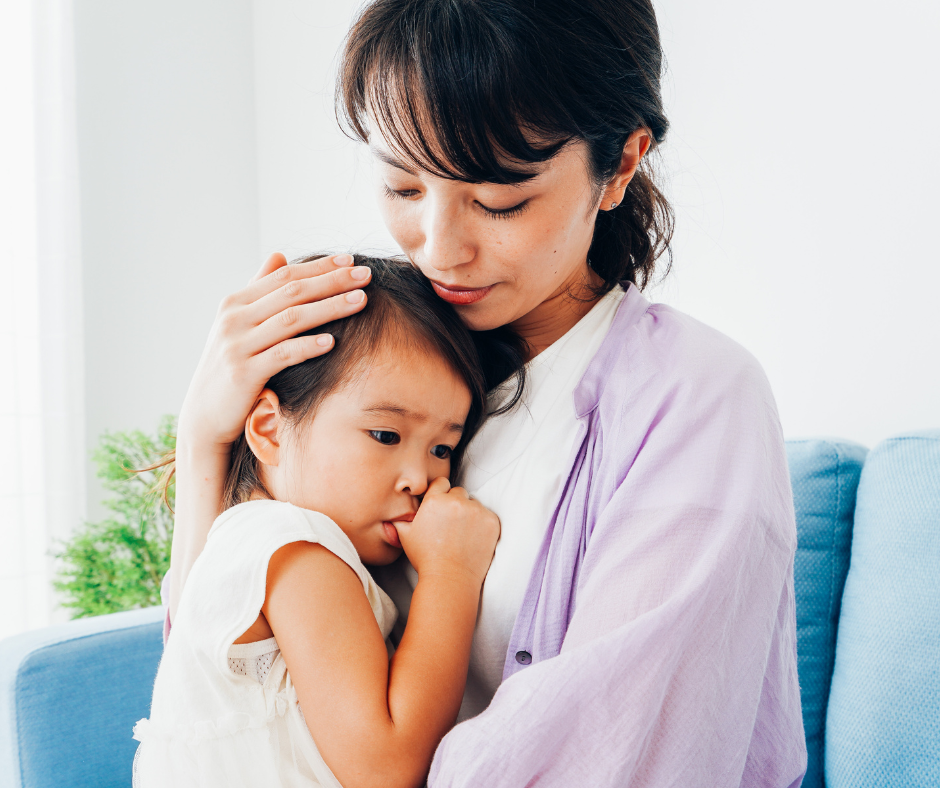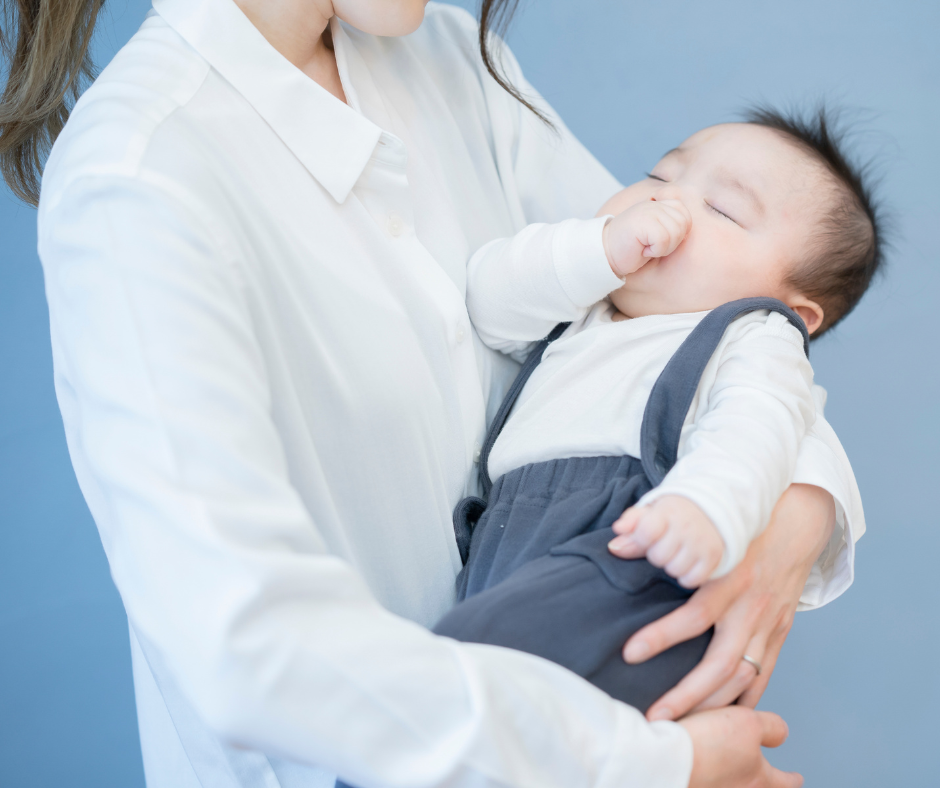All mammals except humans put their infants in social isolation to sleep. Leaving baby sleeping on its own is only a very recent shift for humankind. For most of their two million years of evolution, humans have co-slept with their babies.
Why co-sleeping?
Sleeping in close physical proximity to a parent provides a baby with a sensorial rich environment because of all the movement, touch, smiles, and sounds. Skin-to-skin contact with the mother is genetically programmed natural environment for a human infant. Thermal synchrony is a phenomenon whereby the temperature of mother’s chest increases to warm a cool baby and decreases to cool an overly warm baby. Extra hours of body contact each night can bring about better better bonding between mother and child. Mothers who maintain this prolonged skin contact have also found it easier to produce breastmilk for an extended period.
Scientific research shows that safe co-sleeping can be a real investment for your child’s future physical and emotional health. Sleeping with your baby can positively influence her physiology, and all those extra hours of body contact can bring you together more, as bonding goes on at night as well as during the day.
Risk with co-sleeping
Some parents worry about co-sleeping because they have fears about suffocating their baby by lying on top of her. Research shows that mothers appeared to be aware of the baby next to them even when asleep. Even newborns will struggle and cry to something preventing them from breathing. If you want to co-sleep with your baby, make sure you adhere to all the safety measures (listed below) every night you sleep with your baby.
Safety Measures
- Baby should always lie face-up (never face down).
- Baby’s head should not be covered
- Ideal room temperature is 16-20ºC
- Do not co-sleep if you/ anyone is a smoker
- Do not co-sleep if you have consume alcohol, medicine/ drugs
- Do not let baby sleep on/ near a pillow, soft toys, duvets
- Do not let baby sleep lying between two people
- Do not let baby co-sleep on sofas, water beds, or other children
When to stop co-sleeping?
There are no rights and wrongs about when to stop. If you are considering getting your child to sleep in his own bed, you should ask yourself whether you want to do this, or has someone suggested it? If you and your child get enough sleep, and you and your partner have enough physical intimacy, there’s no reason to give up. Moreover, you may caused a lot of stress by pressurising yourself to meet a fictitious norm.
Studies show that most preschoolers need an adult next to them until they fall asleep, and many come to their parents’ bed for comfort. Such is the power of he lower brain’s FEAR and PANIC/ GRIEF system in early childhood. Parents who are emotionally responsive accept this natural stage of infant brain development and don’t try to over-ride genetic programming.




